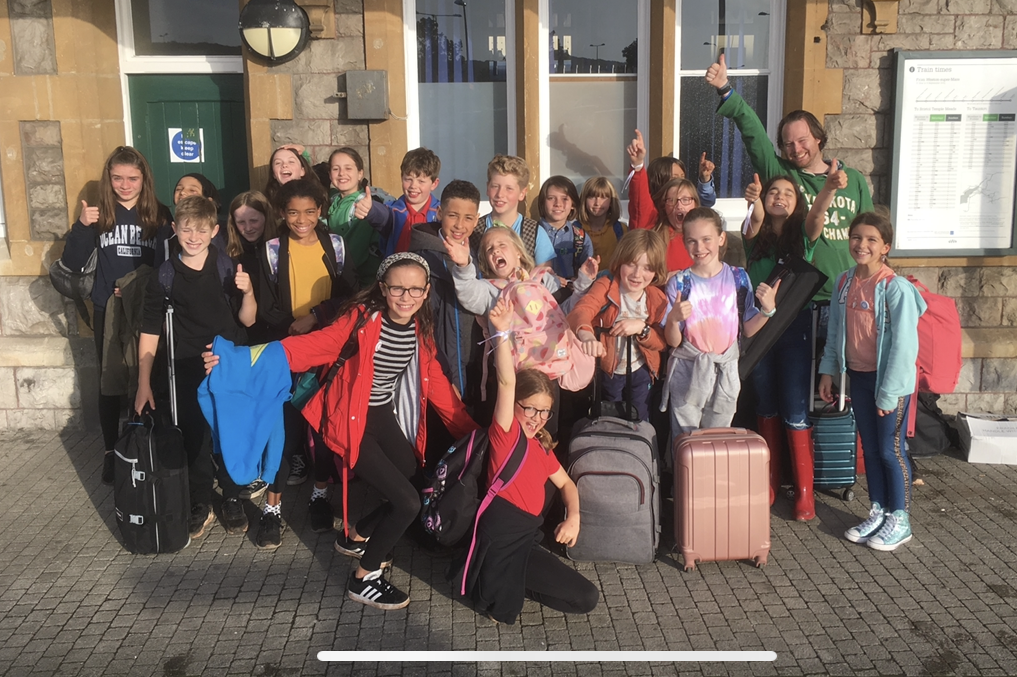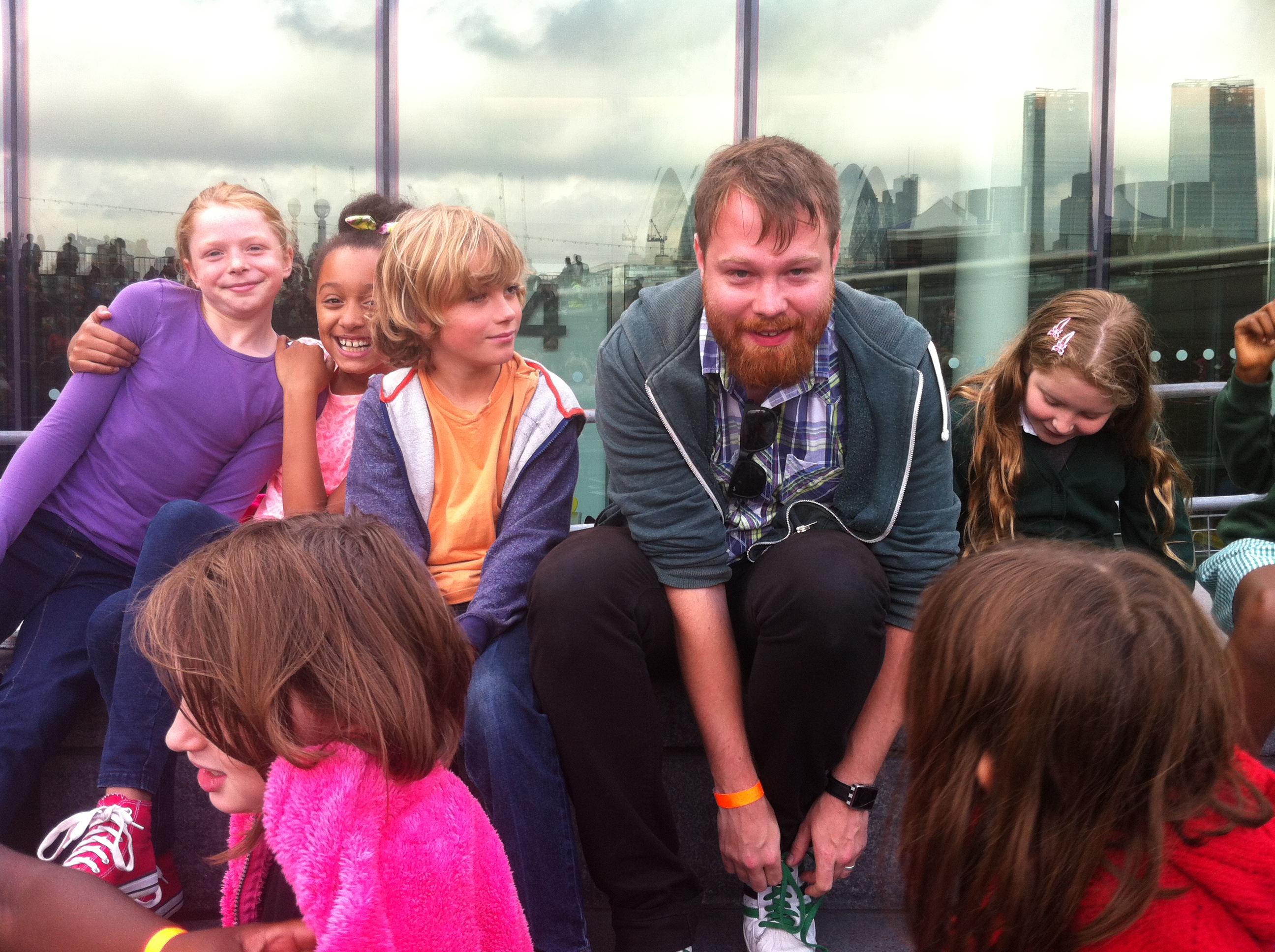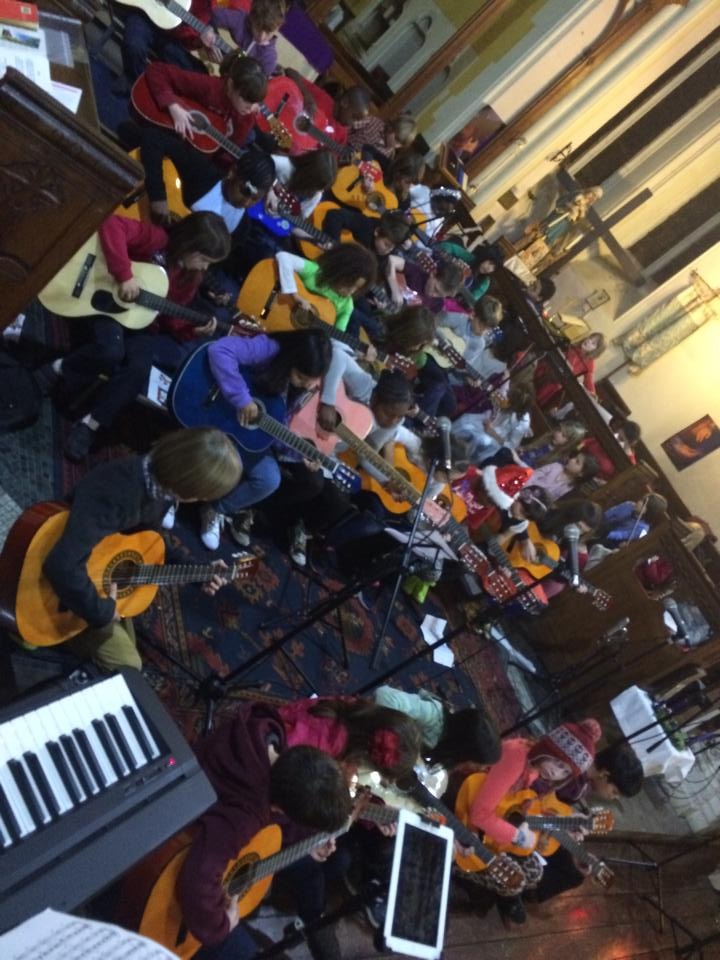Music

|
Music Big Ideas Being a Musician at Millfields At Millfields we believe that music education and supporting and enabling children to be musicians can open up new and exciting avenues - and benefit their wider learning, confidence and well being. Purpose of study: Music is a universal language that embodies one of the highest forms of creativity. A high-quality music education should engage and inspire pupils to develop a love of music and their talent as musicians, and so increase their self-confidence, creativity and sense of achievement. As pupils progress, they should develop a critical engagement with music, allowing them to compose, and to listen with discrimination to the best in the musical canon. Intent A musician at Millfields can confidently and creatively use pitch, rhythm and dynamics. They learn to create, practise and perform music, either by themselves or in a group. They know how to produce the best performances by listening to directions and to other performers. Implementation We want all Millfields Musicians to understand and appreciate a wide range of styles of music. They will know what it means to be successful in their music learning, by focusing on pitch (high/low sounds), rhythm (beat/pulse) and dynamics (loud/soft) and developing their listening skills. They will engage with learning to play musical instruments and by singing a wide range of songs across a range of cultures and genres. Impact Musicians at Millfields and their teachers will be able to explain or show how creating, performing and listening to music helps to build their confidence and concentration and allows them to express their ideas and feelings. By questioning and observing and recording them at different points through the year and as they move through the school, we will be able to see their progress. |
||||
|
Music at Millfields Music is a thriving subject at Millfields and all classes have a music specialist once a week to further enhance and facilitate their musical development. The children all learn to sing a range of songs from a range of styles, genres and cultures. By engaging children in making and responding to music, we offer opportunities for children to:
|
||||
|
How Music is taught at Millfields Each year group is taught music in 6 half termly units. Each unit contains opportunities to cover, in increasing depth, the main strands of the NC programmes of study for Music. Each unit links songs to a thematic structure allowing children to sing, listen to and evaluate a wide range of song types/ genres across different times and cultures. We use Charanga Music School and Music Express to enhance school designed units of study.
|







